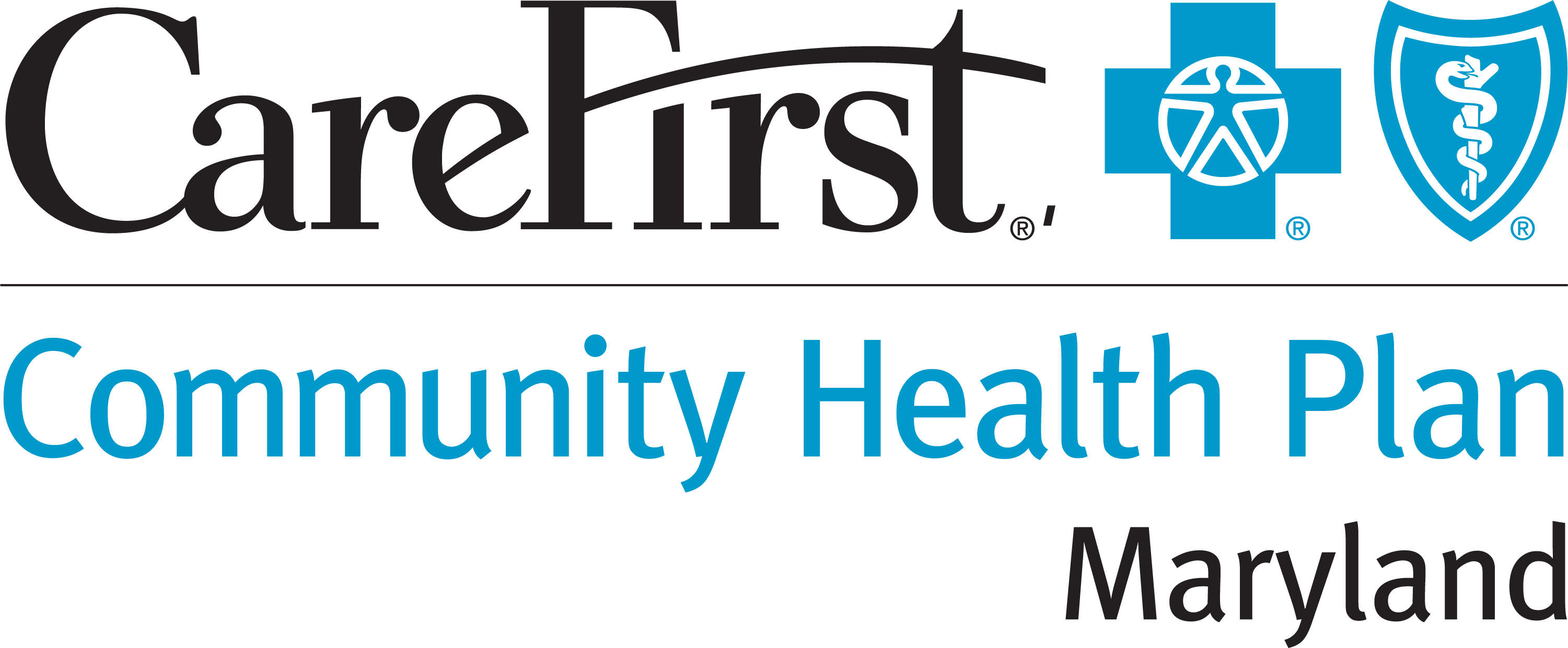Health Care Fraud and Abuse
 How Health Care Fraud Can Affect You!
How Health Care Fraud Can Affect You!
CareFirst Community Health Plan Maryland is committed to ensuring that its providers – doctors and other health care professionals – are reputable and are able to provide quality care. In addition, CareFirst Community Health Plan Maryland takes its responsibilities towards reducing cost, preventing waste, and uncovering potential fraud very seriously. That is because we empower all our employees and contractors to find, reduce, eliminate, or report fraud, waste, and abuse. However, there is always a possibility that a provider, or a consumer, will engage in unethical, potentially fraudulent practices. Even a single fraudulent claim can raise the cost of health care benefits for everyone.
What is health care fraud?
Health care fraud is a crime. Healthcare fraud means to deceive another, like a private insurer, by intentionally misrepresenting or concealing a material fact(s) in order to obtain money or property, such as health care coverage or benefits. Fraud takes many forms, and can include direct misrepresentations as well as half-truths and the knowing concealment of facts. Some common types of health care fraud, waste and abuse include:
- Intentionally misrepresenting facts regarding the payment of benefits
- Billing for medically unnecessary items or services
- “Unbundling” claims, or separate billing procedures instead of using a more appropriate global billing procedure
- Providing treatment that is inconsistent with the diagnosis
- Withholding medically necessary services
- Upcoding claims, or billing at a higher rate than is appropriate for the item or service provided
- Misrepresenting facts affecting eligibility for benefits, such as: employment status, health history, marital or student status, identity
- Forging or altering bills or receipts; or
- Using someone else’s coverage, personal information or insurance card
Help avoid and prevent health care fraud.
Here are some easy ways you can protect yourself from health care fraud, and keep health care costs down for everyone.
- Ask questions about the services you receive, such as: Why are they needed? What do they cost?
- Beware of advertisements or promotions that offer free tests, treatment or services – especially when the provider requests your insurance information or a copy of your CareFirst Community Health Plan Maryland ID card.
- Question charges that you are asked to pay by a provider. Were the services truly performed?
- Report suspected fraud to Special Investigations.
- Be careful about disclosing your insurance information. Do not give out your policy numbers to door-to-door salespeople, telephone solicitors or over the Internet. Protect your CareFirst Community Health Plan Maryland ID card like you would your credit cards. It represents your benefits.
Don’t be a victim of identity theft.
Remember:
- Only give your information to doctors, other providers and plans contracted by the State, and to people in the community who work with Medicaid, such as your State Health Insurance Program (SHIP) or Social Security.
If you think you have been a victim of identity theft or fraud:
Call any of these numbers:
- The Fraud Hotline of the HHS Office of Inspector General, toll-free at 1-800-HHS-TIPS (1-800-447-8477). TTY, call toll-free 1-800-377-4950. You can also email HHSTips@oig.hhs.gov.
- The Federal Trade Commission’s ID Theft Hotline toll-free at 1-877-438-4338 to make a report. TTY users, call toll-free 1-866-653-4261.
- The Maryland Department of Health Office of the Inspector General, toll free at 1-866-770-7175. You can also email at MDH.OIG@Maryland.gov.
CareFirst Community Health Plan Maryland is working to minimize health care fraud.
Our Special Investigations Unit (SIU) is responsible for minimizing CareFirst Community Health Plan Maryland’s risk of health care fraud. The SIU partners with CareFirst Community Health Plan Maryland’s and our contractors’ Member Services, Provider Network and Claim Departments to help identify suspicious claims, stop payments to fraudulent providers and punish wrongdoers.
The SIU also works with state and federal law enforcement, regulatory agencies and other insurance companies to detect and prevent health care fraud and assist in the pursuit of restitution and/or prosecution of health care fraud offenders.
How to report potential cases of fraud
To report a potential case of fraud, call CareFirst Community Health Plan Maryland’s dedicated compliance line at (410) 779-9323, 24 hours a day, and 7 days a week. TTY users may call 711.
This hotline allows you to report cases anonymously and confidentially. CareFirst Community Health Plan Maryland will make every effort to maintain your confidentiality. However, if law enforcement needs to get involved, CareFirst Community Health Plan Maryland may not be able to guarantee your confidentiality. Please know that CareFirst Community Health Plan Maryland will not take any action against you for reporting a potential fraud case in good faith.
You can also email us at ComplianceMD@carefirst.com or write to us at:
CareFirst Community Health Plan Maryland
Compliance/SIU
PO Box 915
Owings Mills, MD 21117
